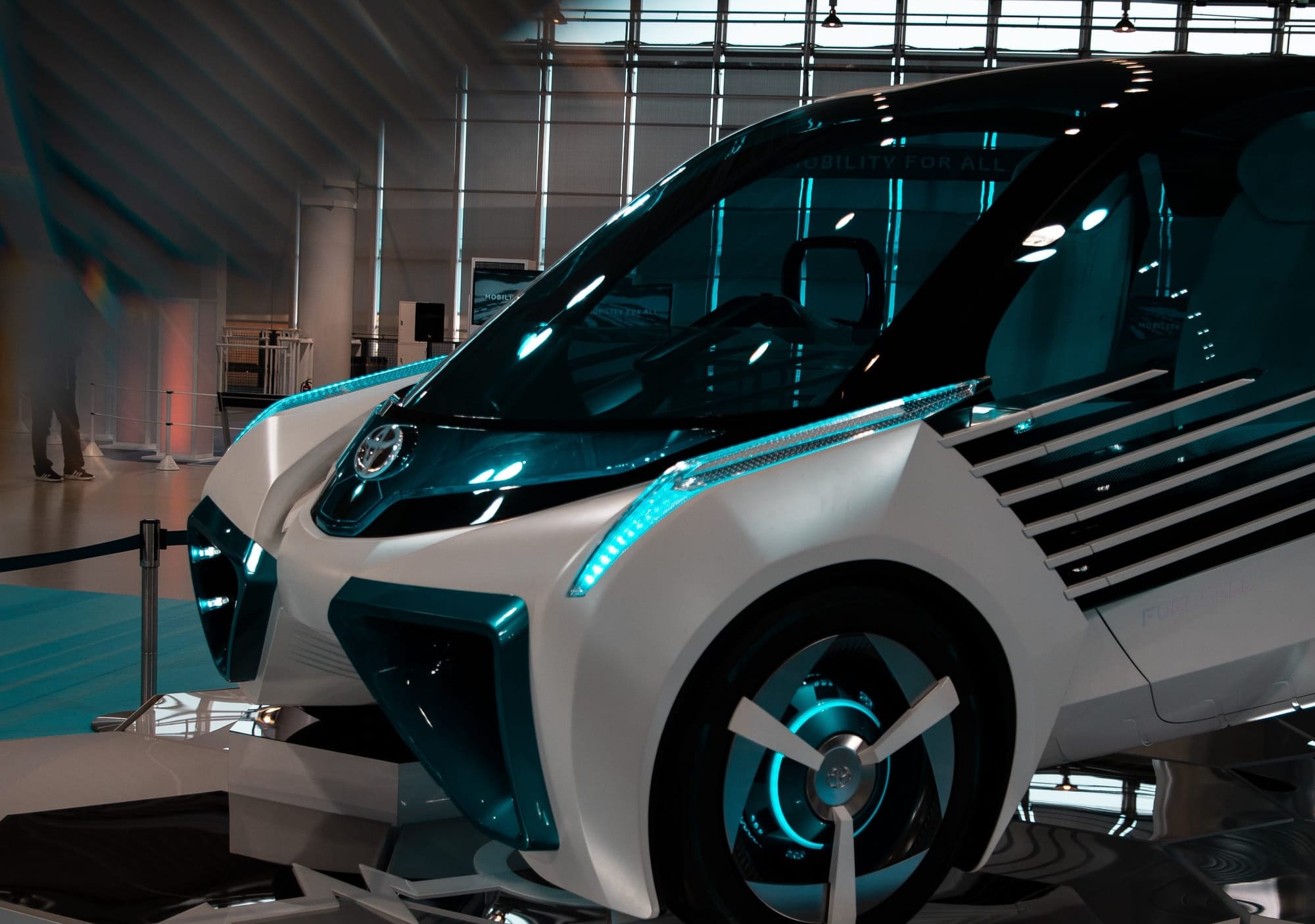Hydrogen Energy Vehicle in Singapore
Costing and Challenges of Hydrogen Energy Vehicles in Singapore's Landscape

Sustainable transportation has become a paramount consideration worldwide, and Singapore is no exception. Embracing the future of eco-friendly mobility, the interest in hydrogen energy vehicles has sparked significant attention. This article aims to delve into the feasibility, challenges, and costing aspects vital for integrating hydrogen energy vehicles into Singapore's dynamic landscape.
Understanding Hydrogen Energy Vehicles
Hydrogen energy vehicles operate by utilizing fuel cells that convert hydrogen gas into electricity, propelling the vehicle while emitting only water vapor. Their eco-friendly nature and zero emissions make them a promising alternative to conventional combustion engine vehicles and battery electric vehicles. The technology's role in reducing carbon emissions aligns with Singapore's sustainability goals.
Feasibility Analysis for Singapore
Singapore's infrastructure readiness for hydrogen fueling stations is a critical consideration. While Singapore has initiated pilot projects, scaling up the infrastructure remains a challenge. Regulatory and policy aspects play a pivotal role in facilitating or hindering the widespread adoption of hydrogen energy vehicles. Evaluating environmental impact and suitability in Singapore's urban landscape is crucial for successful integration.
Challenges in Implementing Hydrogen Energy Vehicles
Cost considerations are fundamental. Analyzing production, storage, and distribution costs for hydrogen in Singapore reveals the economic challenges. Additionally, technological advancements are necessary for efficient deployment. Comparing hydrogen energy vehicles with other alternative fuel sources highlights respective challenges and the unique potential of hydrogen technology.
Costing Breakdown for Singapore
A detailed cost breakdown is essential for understanding the financial commitments involved in establishing and maintaining a hydrogen infrastructure in Singapore. Comparing costs between hydrogen energy vehicles, conventional vehicles, and other eco-friendly options provides a holistic perspective on the economic viability of hydrogen technology.
Conclusion
In conclusion, while the integration of hydrogen energy vehicles in Singapore poses challenges, the potential benefits are vast. Overcoming these challenges promises a sustainable and eco-friendly future for Singapore's transportation landscape. It's imperative to address feasibility, navigate challenges, and invest in this innovative technology for a cleaner, greener tomorrow. Embracing hydrogen energy vehicles can significantly contribute to Singapore's sustainable development goals.

